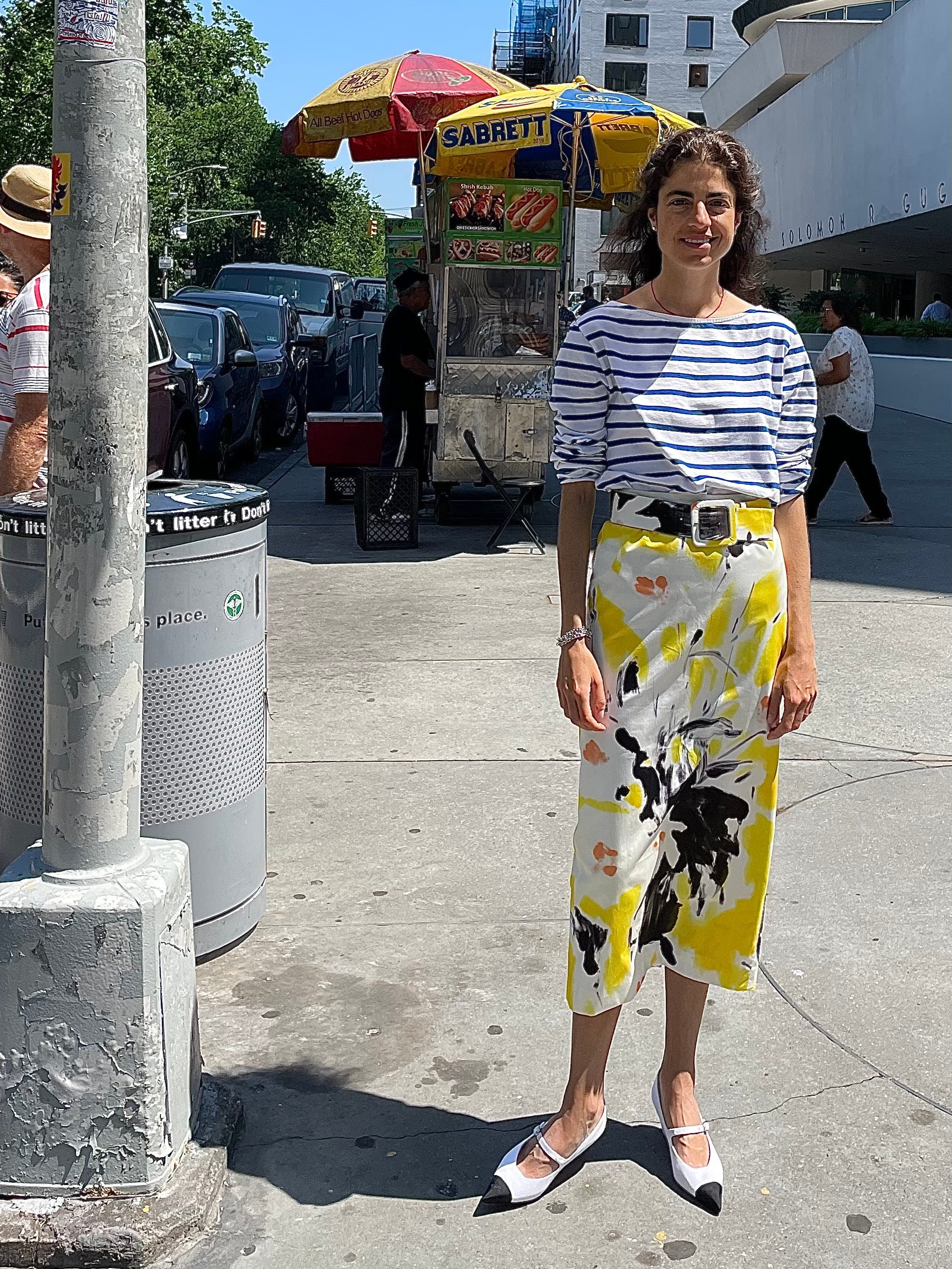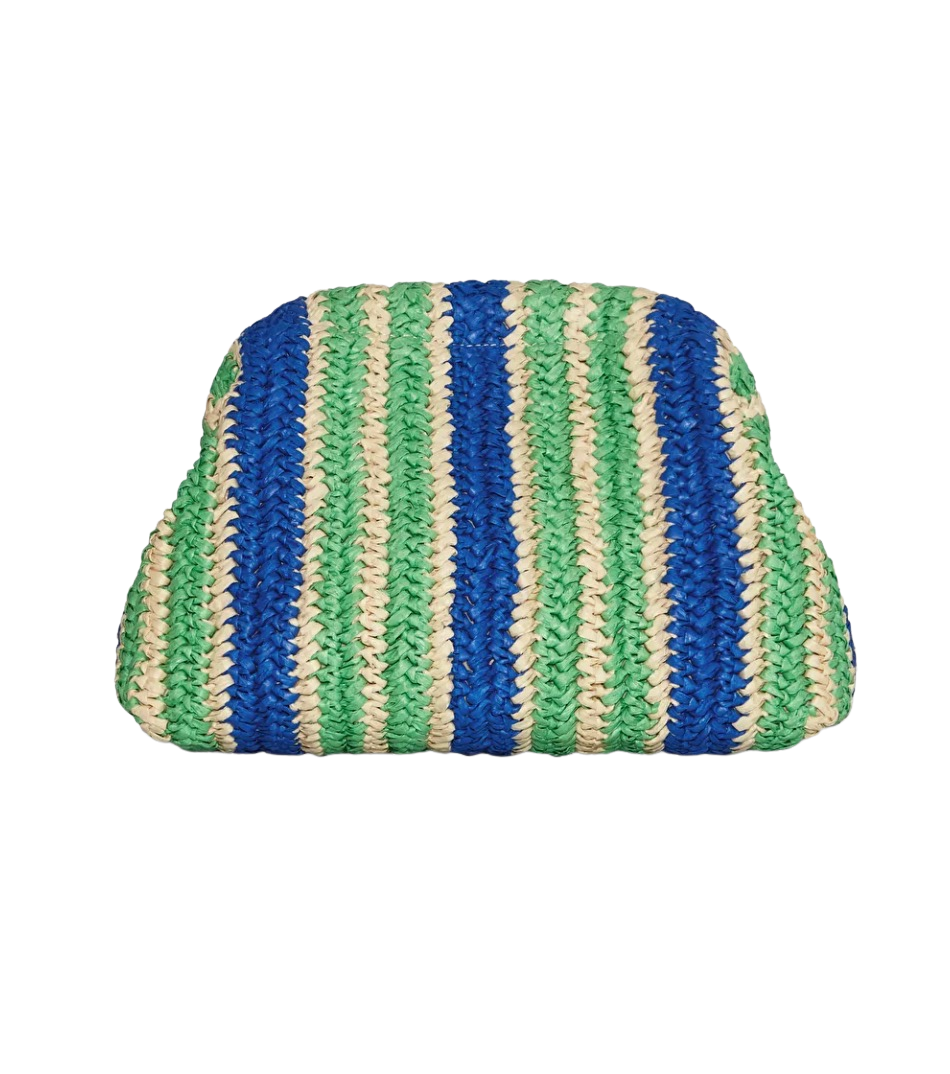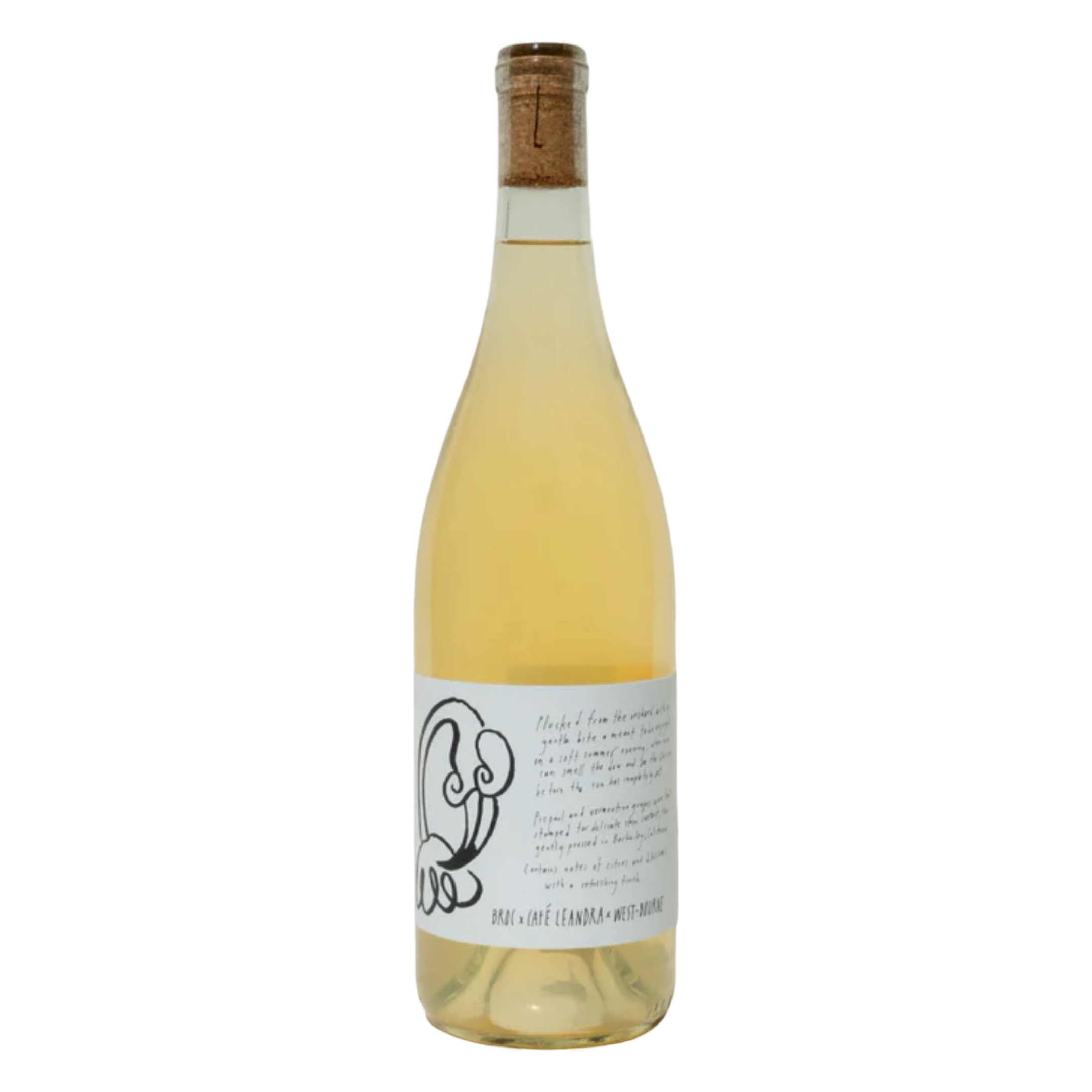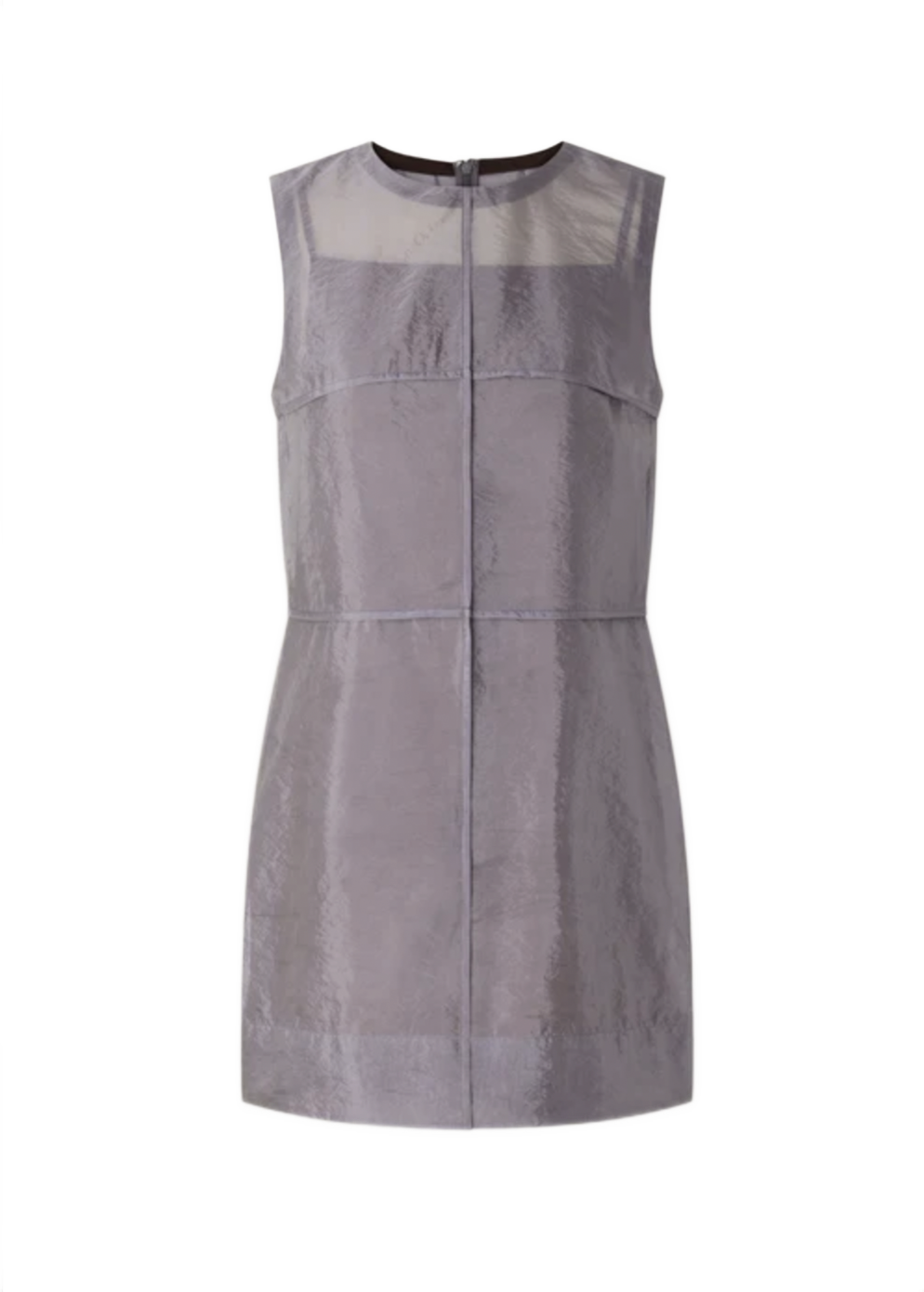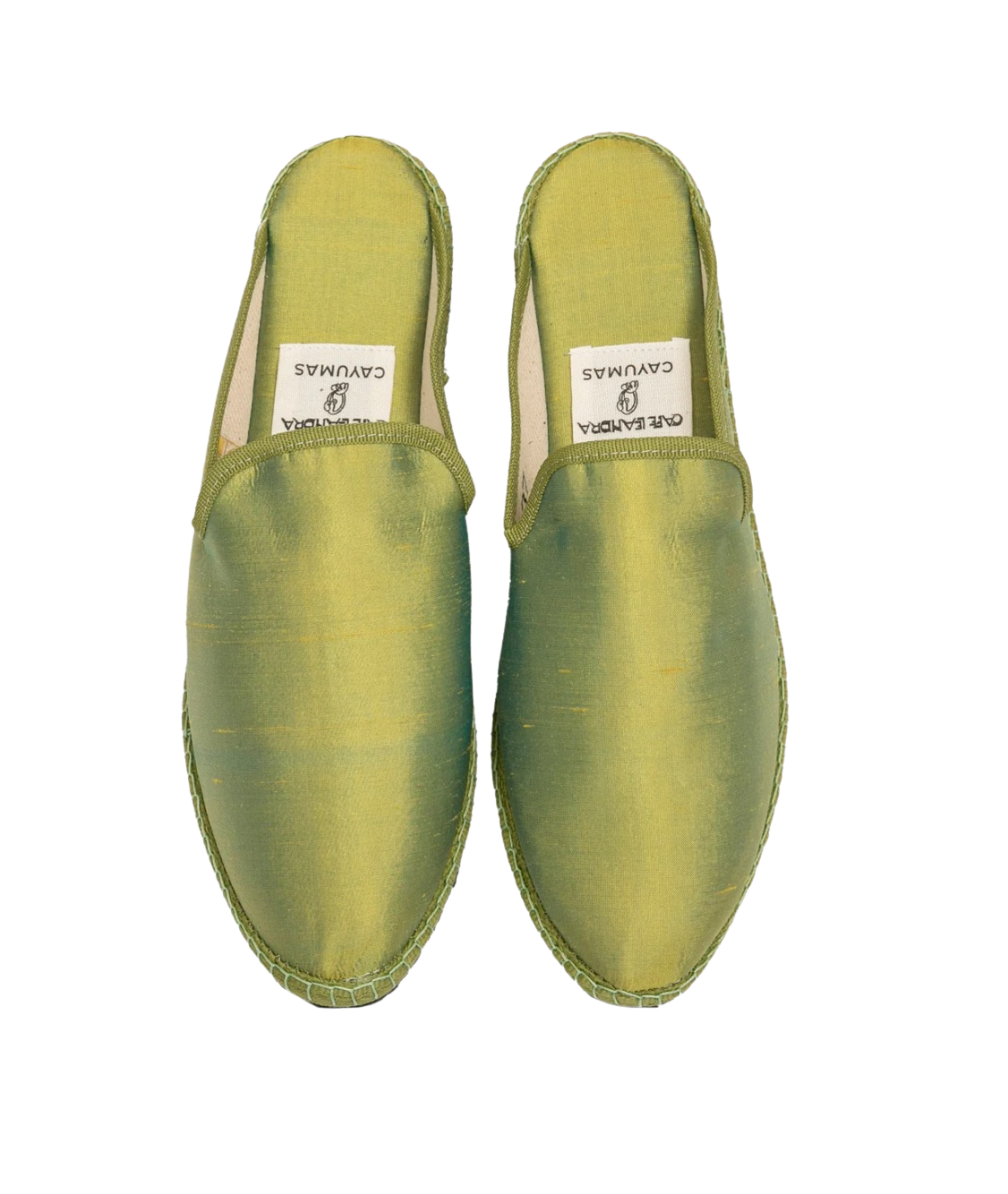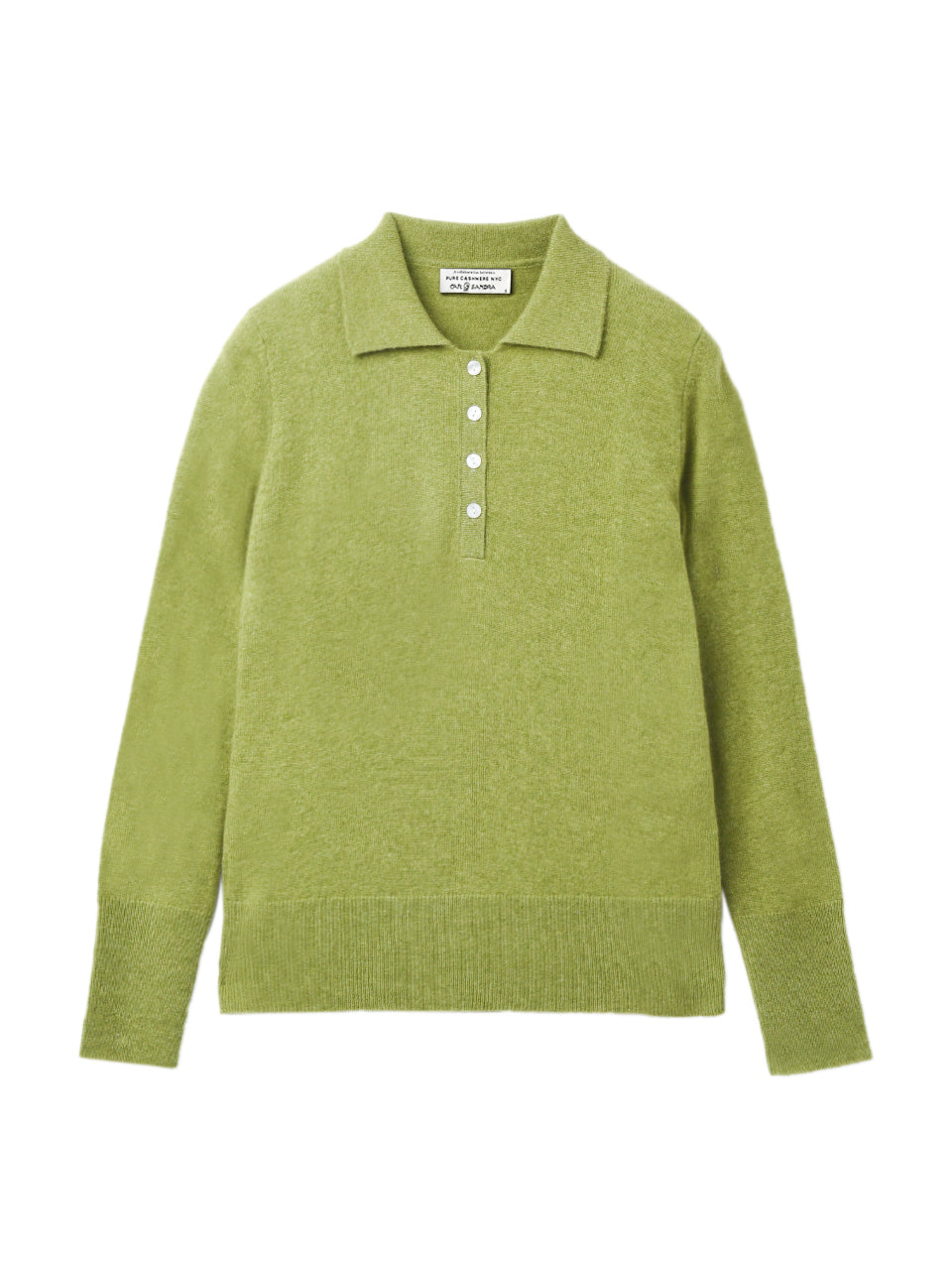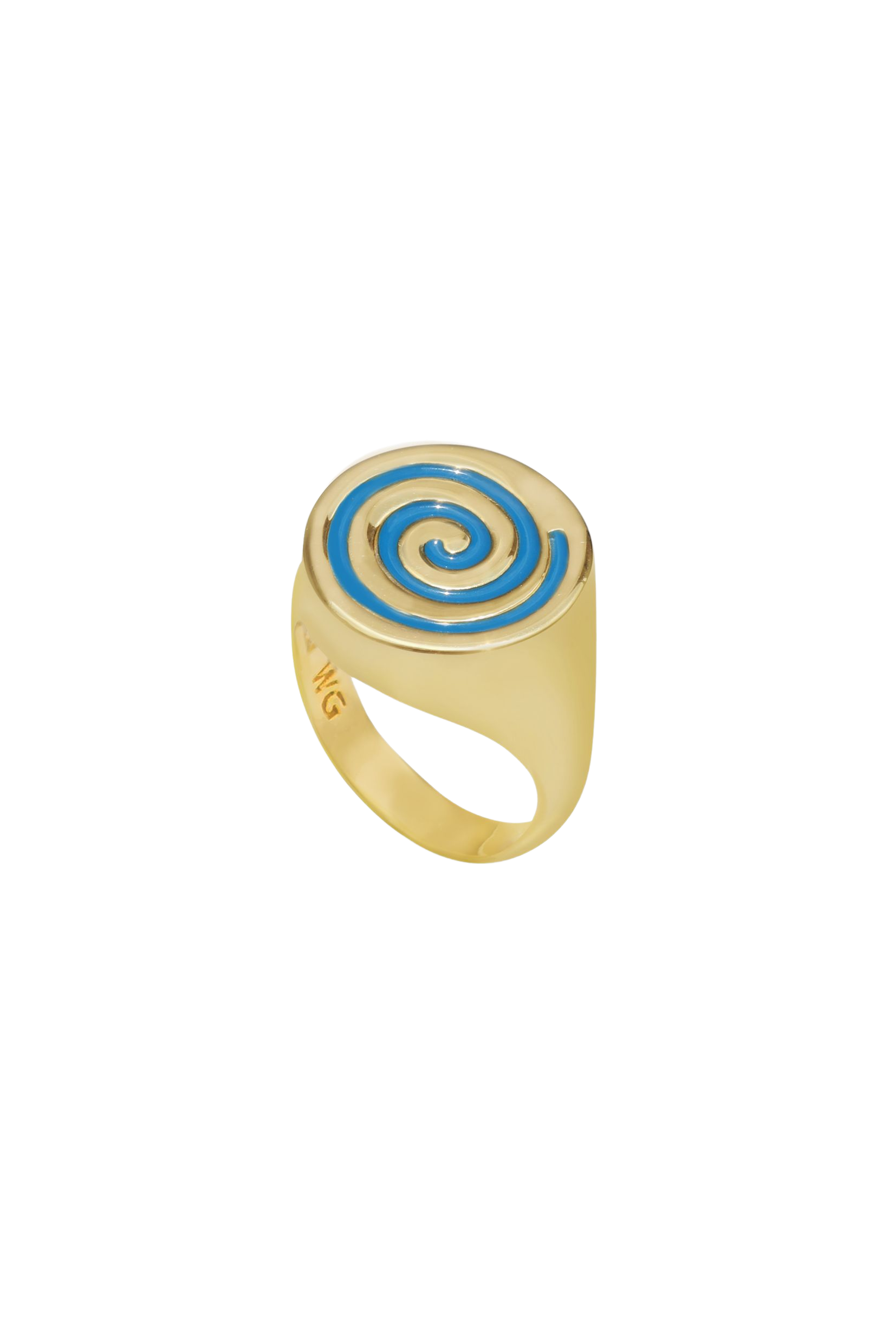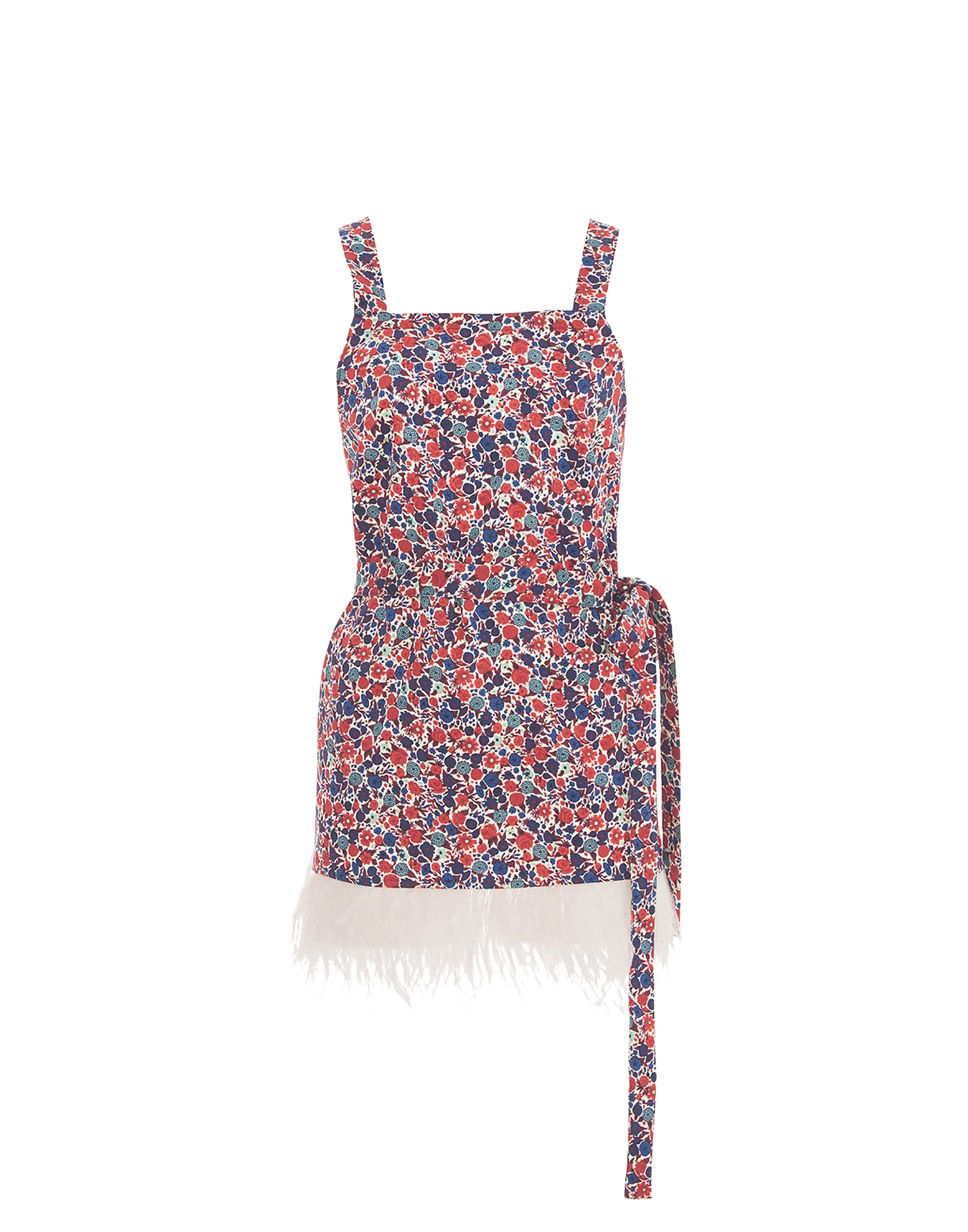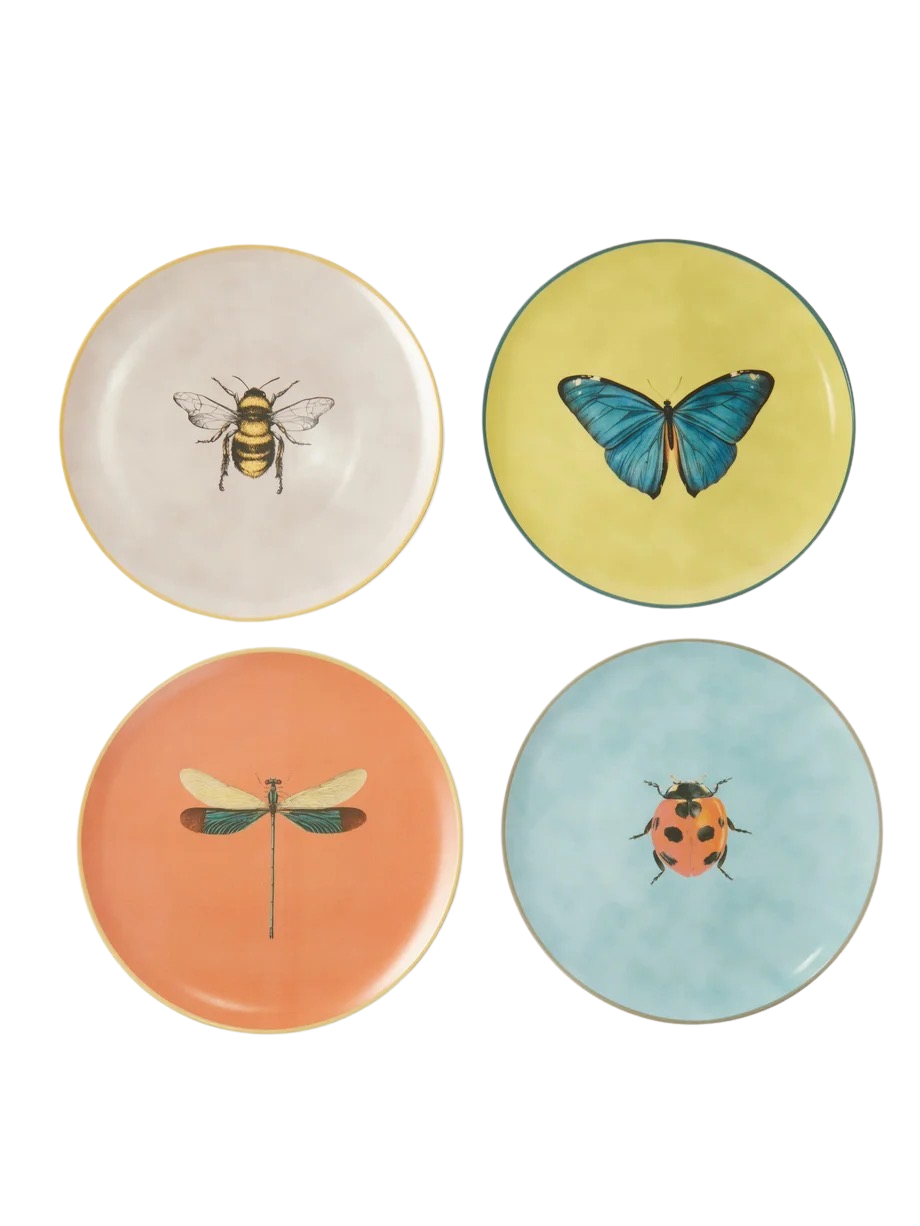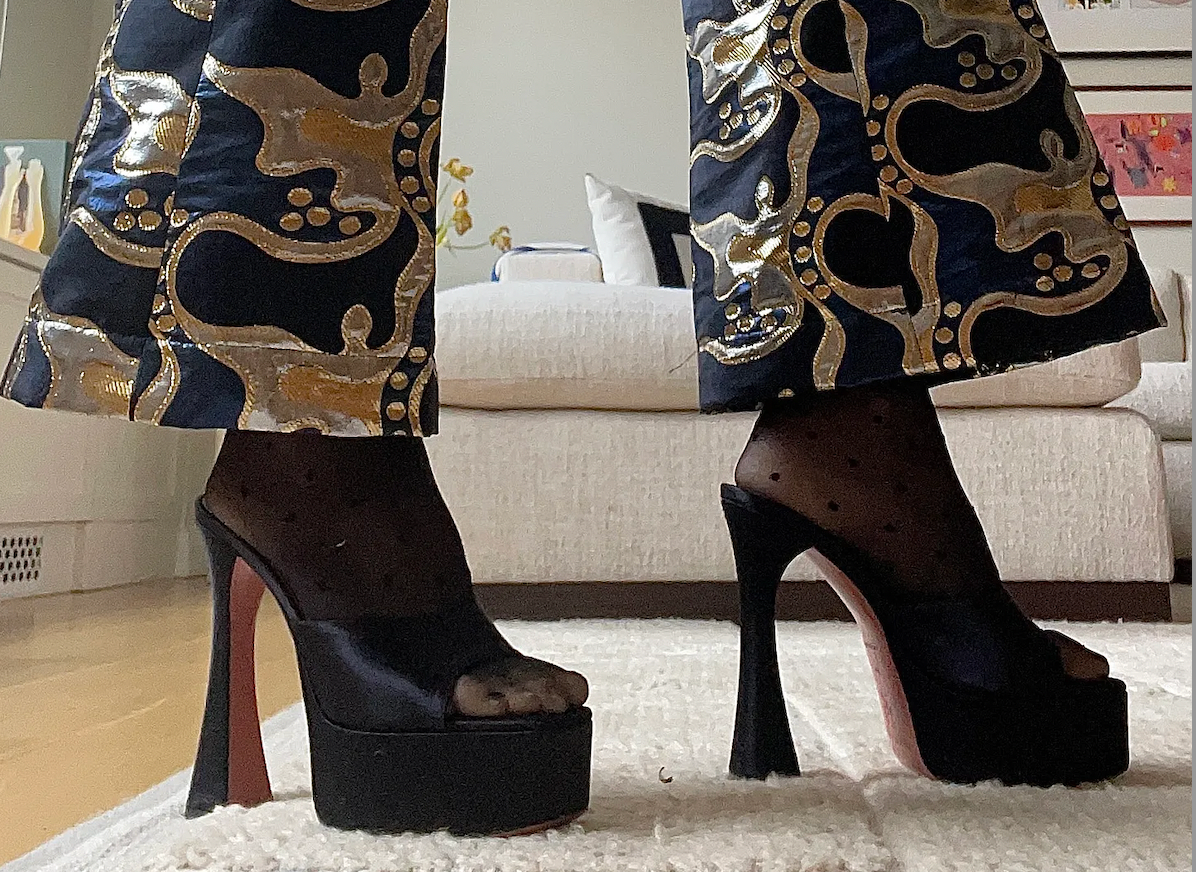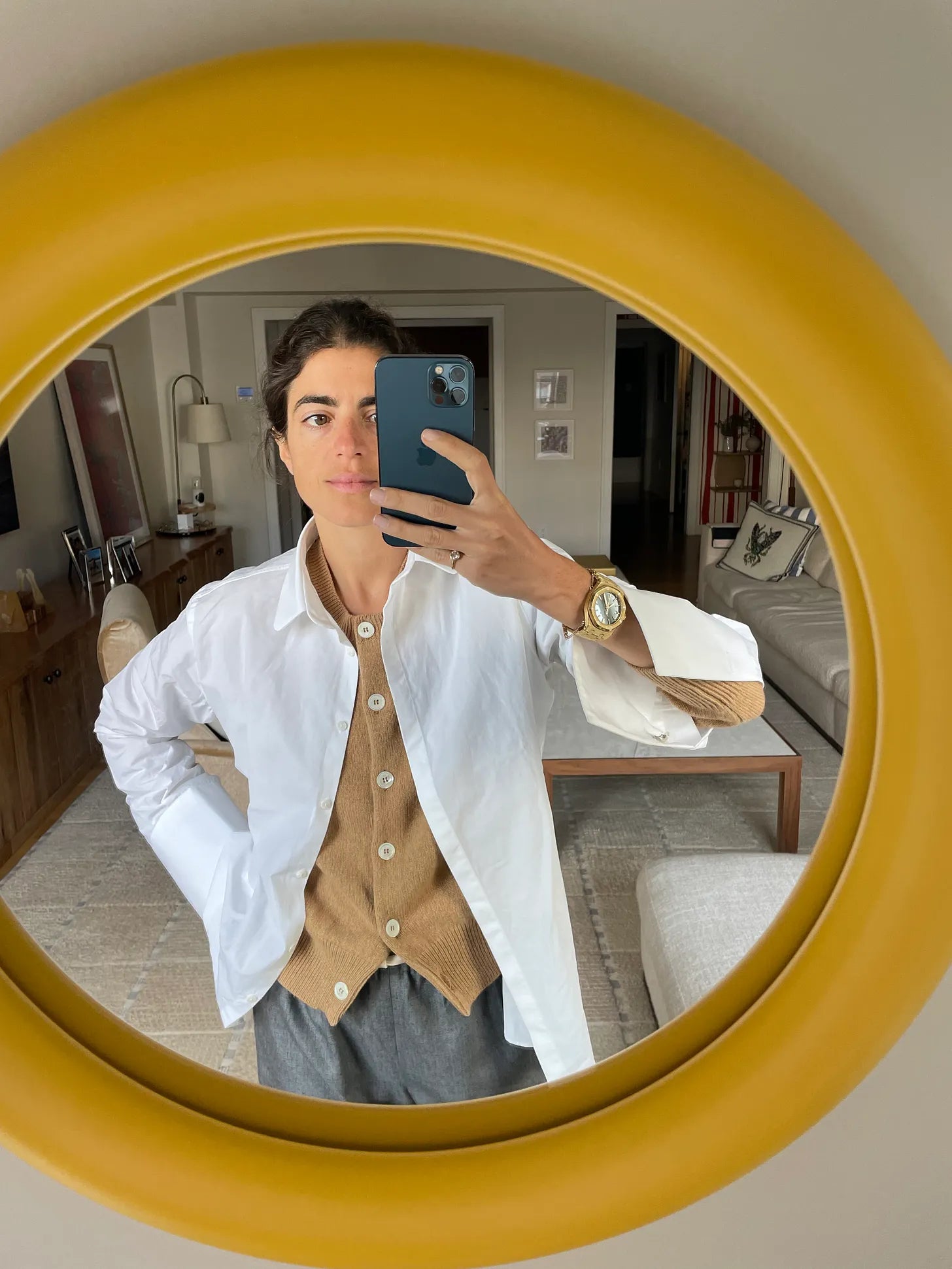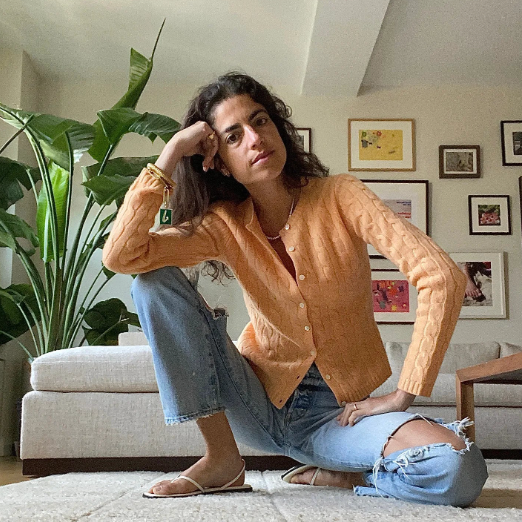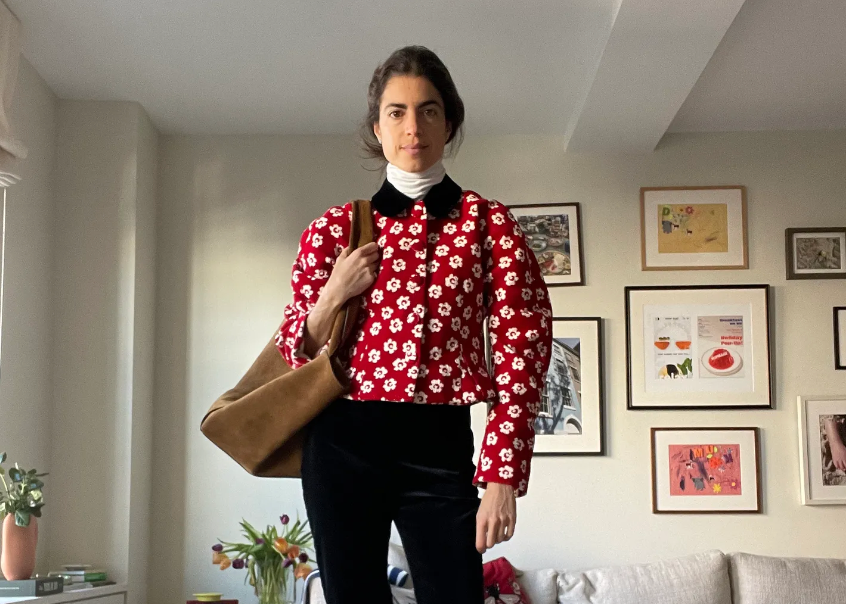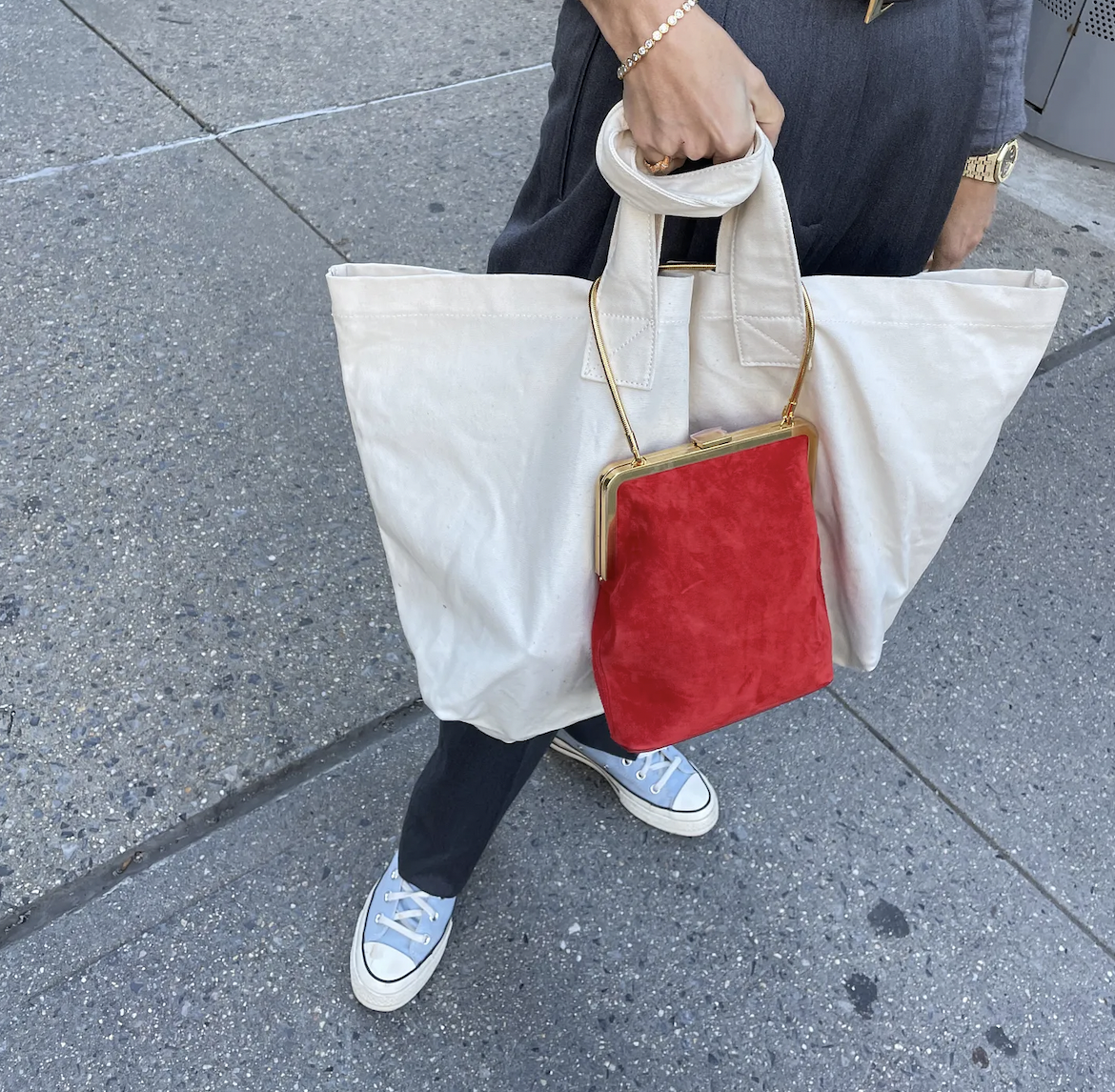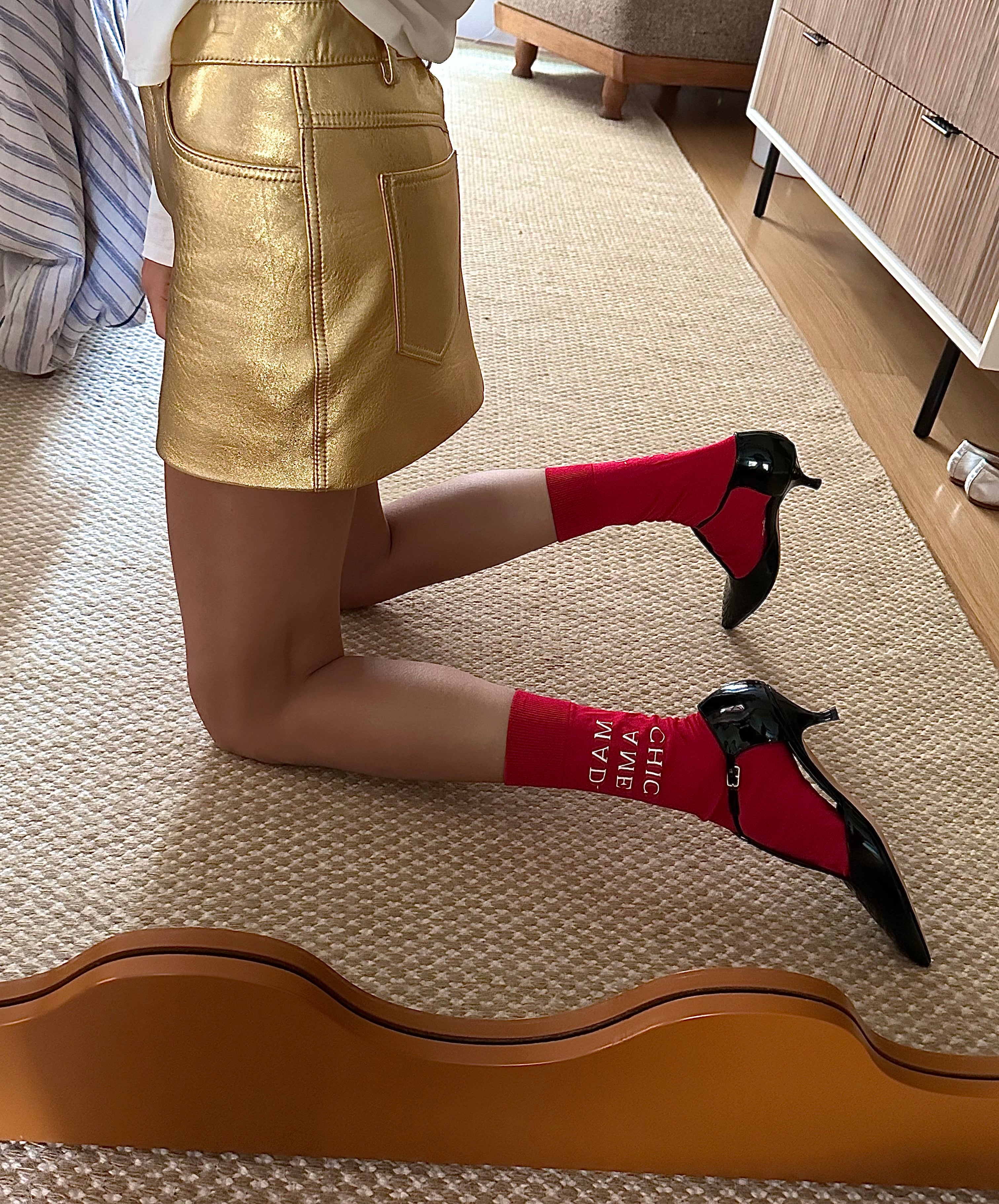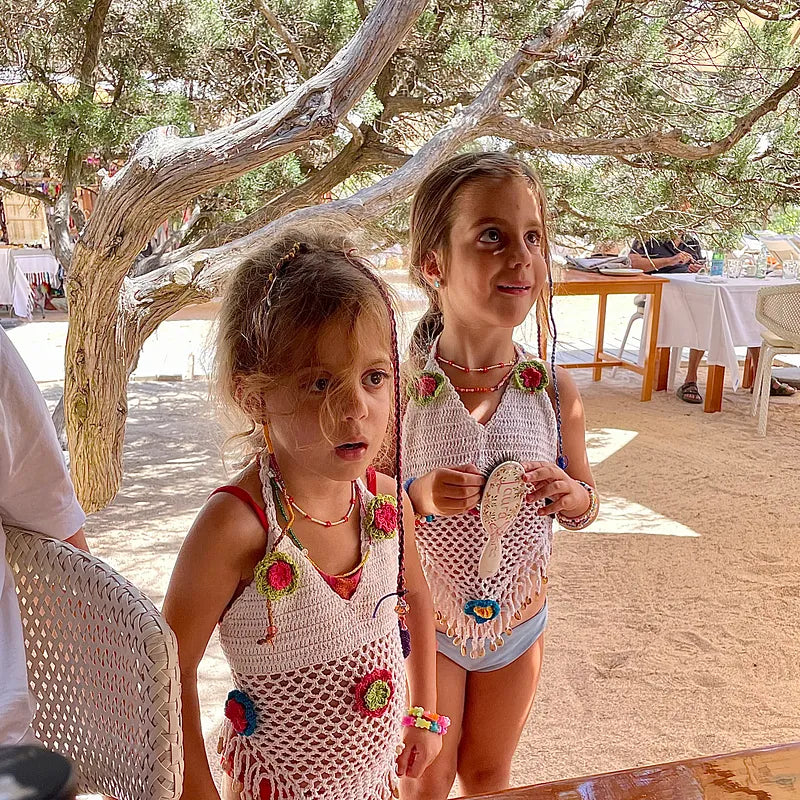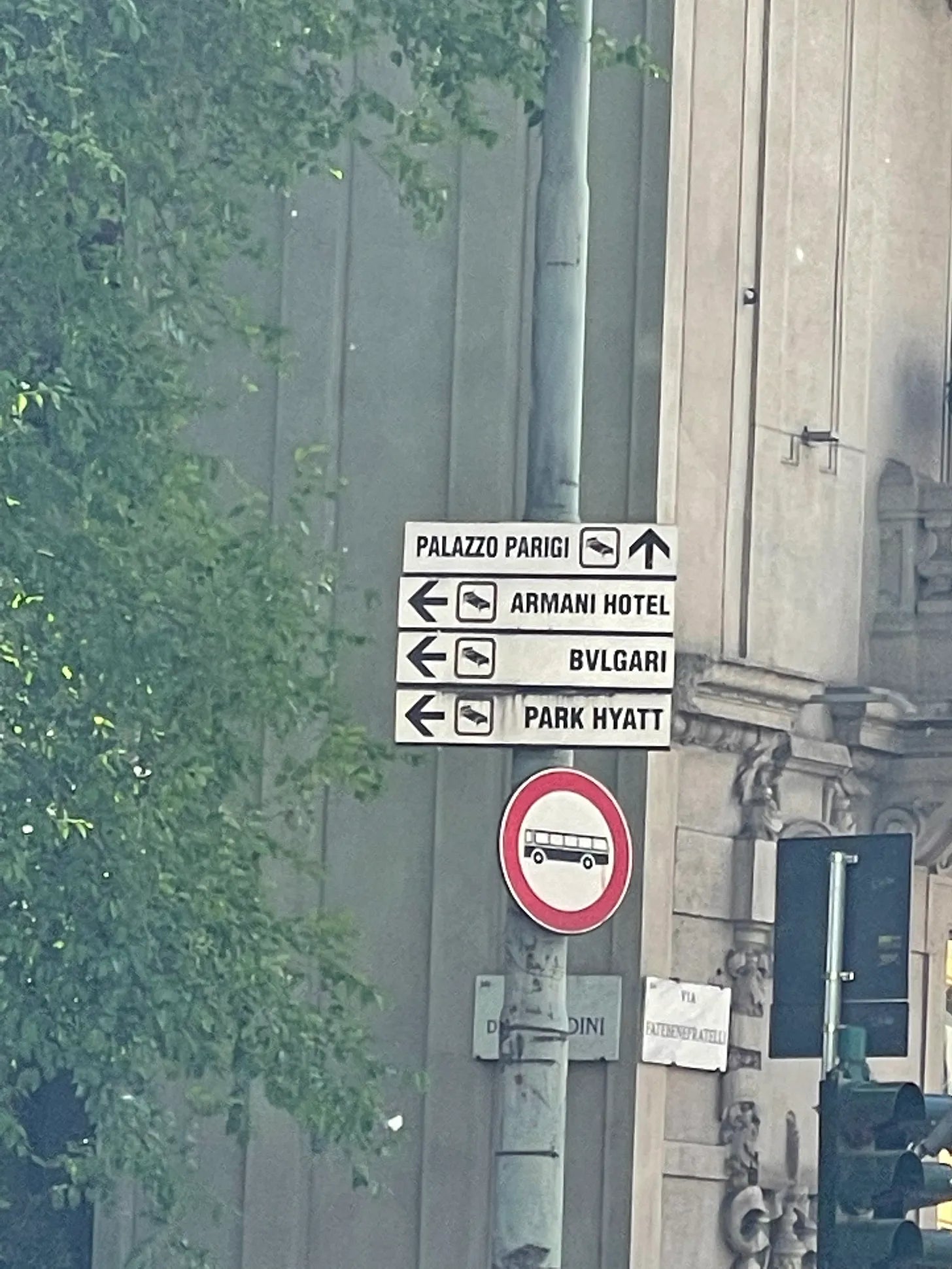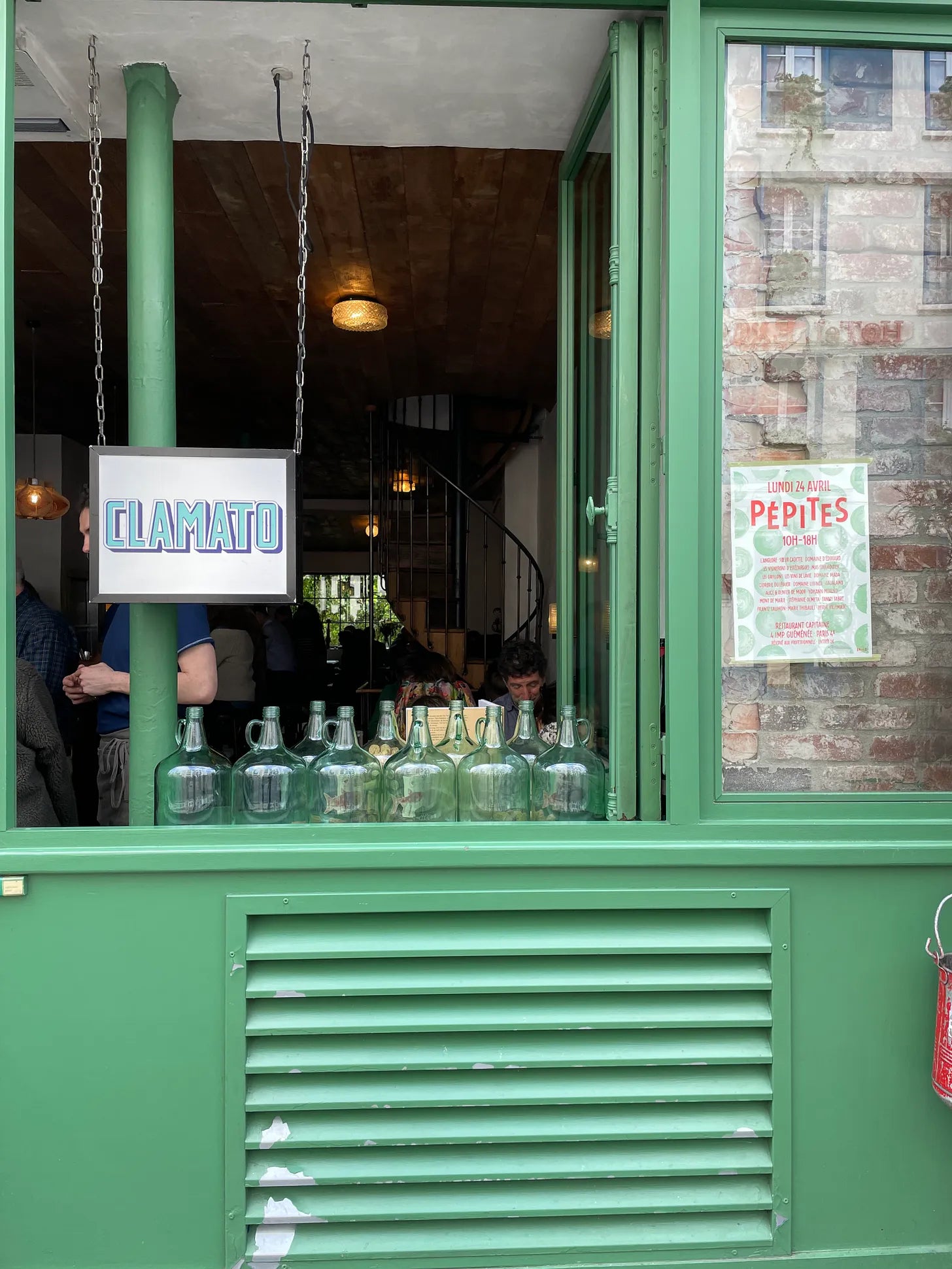#012822: The puzzle is life
I was sitting with my daughters in their room on Wednesday with a puzzle laid out in front of us. Two days prior, on Monday evening around 6 p.m., we learned that the kids could not go to school for the rest of the week on account of an incident related to Covid.
Over a couple of hours, Abie rushed to clear his schedule, trying to find pockets of time before wake up or sleep to do the most urgent of what he’d had planned whereas I, in a bout of protective denial more like barreled inwards. To say that I was mad is putting it pretty mildly; the news to me felt more disruptive than the previous two years had been. Of course, it was not actually, but I imagine the seething denial was a result of acute fatigue.
By Wednesday, when we were sitting with the puzzle I had mostly returned to baseline. That is, was already in acceptance. But as we crouched on the floor among hundreds of pieces, turning the flipped ones over, sectioning off corners first, then smooth edges, then the pieces that looked like they’d belong together, I had this idea that the puzzle is life.
It’s like, you plot and plan and build a strategy and it makes perfect rational sense while you’re thinking and prepping and even into the moments after you’ve started to put the pieces together.
Corner edges first, border pieces next and then you start plugging away at the middle. The strategy works for a while, you’re making progress and that feels really good — it’s reinforcing because you were right. Because the strategy was right.
Until, that is, you can’t find a piece and then from grounded, you start to feel like you’re off the rails. Not because you’ve done anything differently. Maybe you missed one of the edge pieces when you were separating them. Maybe it’s still in the middle of the pile or hiding under a carpet nearby. You need it to finish the side you’re on, so looking for it takes up a shit load of time.
Your back starts to hurt. You get kind of bored because all these pieces look just like each other. You want to get to the fun parts already! You’re flickering between the complete image of the puzzle — conceptions of the life you are destined to build — and the undone, a mixed up cluster in front of you.
You want the pieces to come together, you know that you can put them together but your back is aching, your patience is waning, your kids are losing interest and starting to fade, so your attention is moving between the time you’d set aside for the puzzle and the reality of what’s happening as the lost interest between your kids escalates into an argument that turns into a hair-pulling match and man, it is easy to just be like, Fuck this puzzle! And destroy the progress, however minute, that you’ve made so far. To throw all the pieces back into their box and say I’ll come back to this and start over when the time is better. Or you say, fuck it, I won’t, it’s a stupid puzzle, I don’t even care and then you shelve it from there but I think there’s a third option here. It hadn’t occurred to me but seems pretty right, which is to leave the puzzle where it is as it is and tend to whatever disruption’s in front of you.
You come back to the puzzle when you can. You remember your kids’ interest waned, that your back ached the way you were sitting. You recall that getting frustrated made finding the pieces harder, that you were most able to find them when you stopped trying so hard to find that one specific piece — when you opened your line of vision to the rest of the pieces and clusters, the ones that were ready to come together.
Then you use this insight, right? To devise adjustments for when you come back, and when you come back, you make them. The adjustments, I mean.
Your kids aren’t with you this time, you brought a cushion to sit on. You start somewhere different from where you left off and the subsequent session is more fruitful than the last one was until inevitably, you’re disrupted again.
You find more kinks, you solve for them and get up, come back, and the same thing happens again and again.
Some sessions are better than others.
Some feel like regression so maybe they’re shorter or, I don’t know, maybe they’re long but as you’re doing this — stopping and starting, iterating as you proceed — you realize that the disruptions are a crucial part of putting the puzzle together. Like they are actually steps towards completion.
You find that within the disruptions you might not be building with your hands, but for sure you are still building something: experience, insight, wisdom. And you’ll apply these qualities as instructions when the time comes to use your hands again. Until then though, I think it’s best to pay attention. You’re still piecing the puzzle together, just in a different way.
Signing off,
Your friend from the board of recreational mathematics



